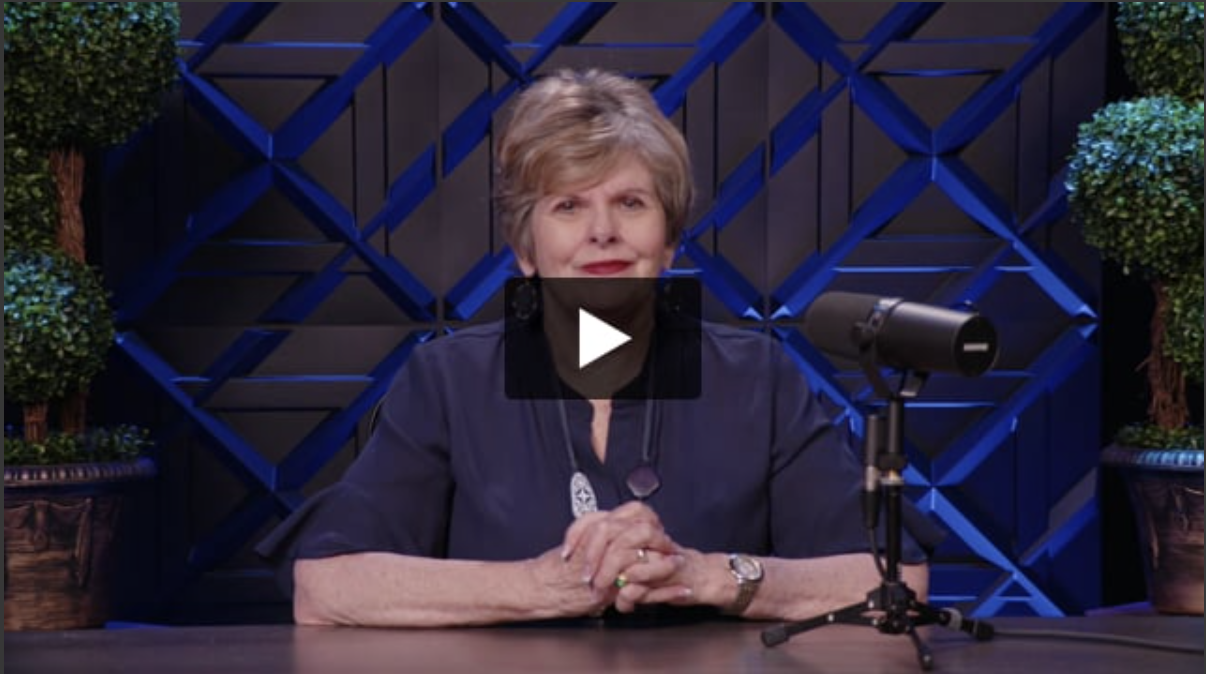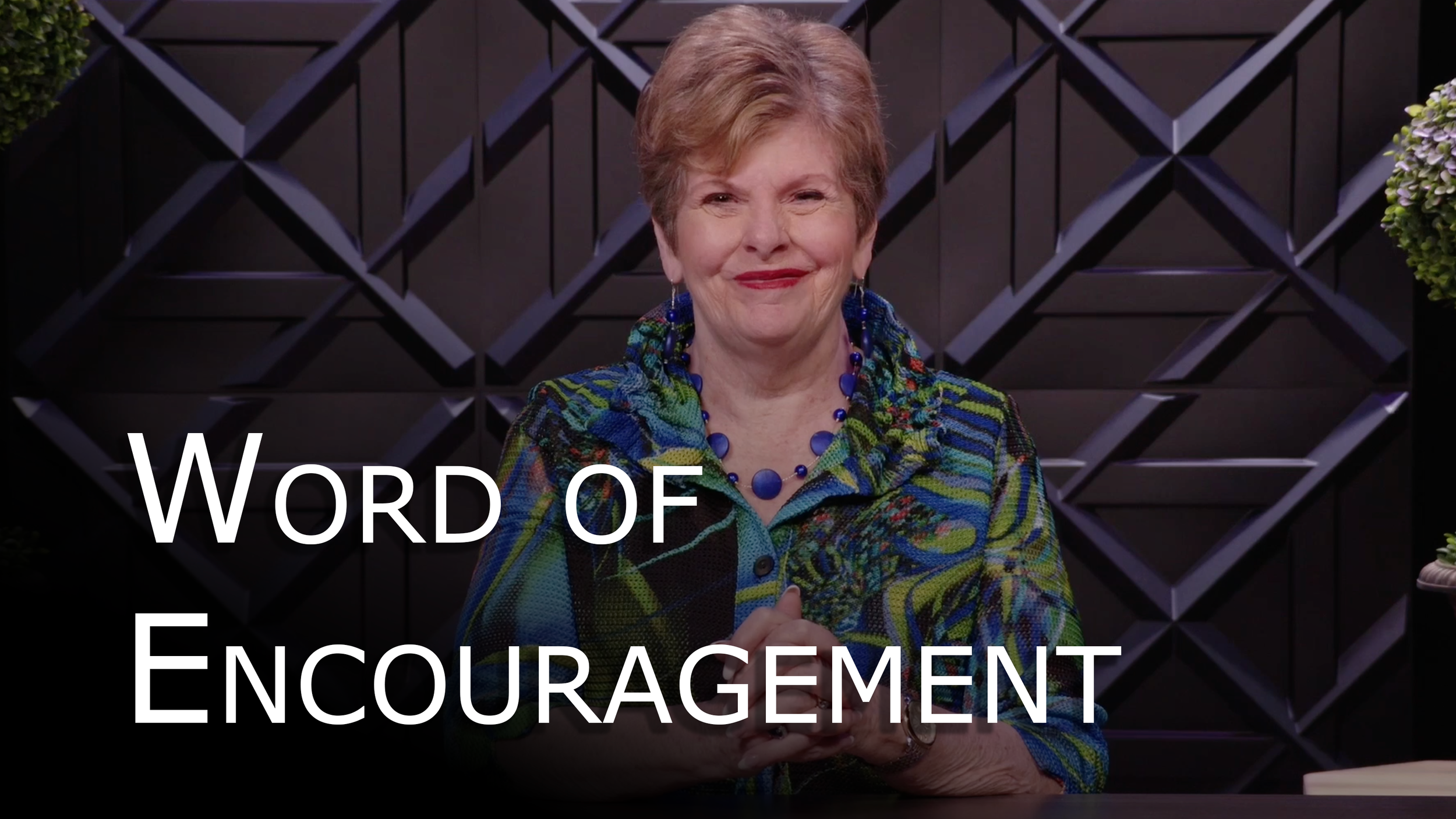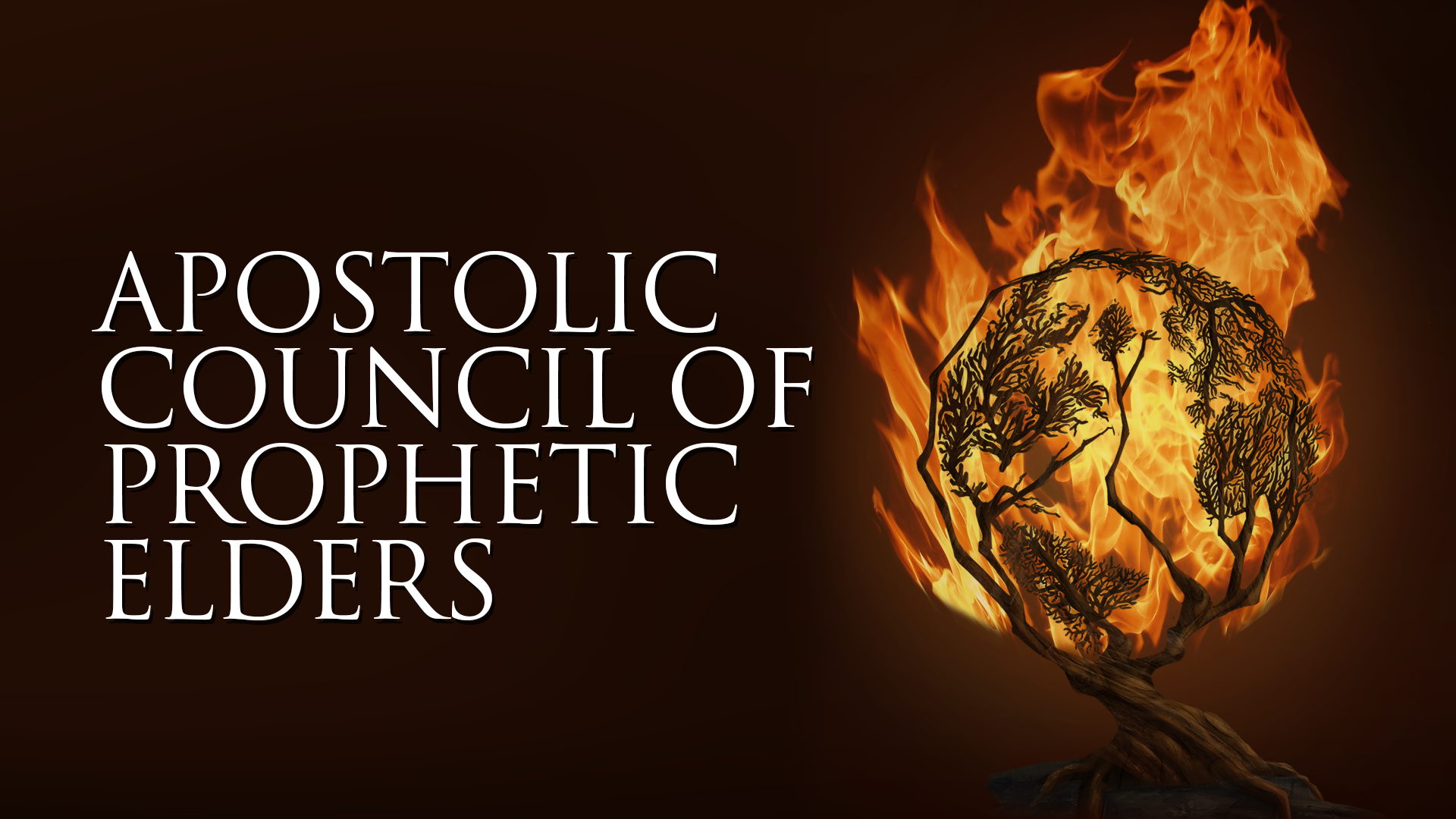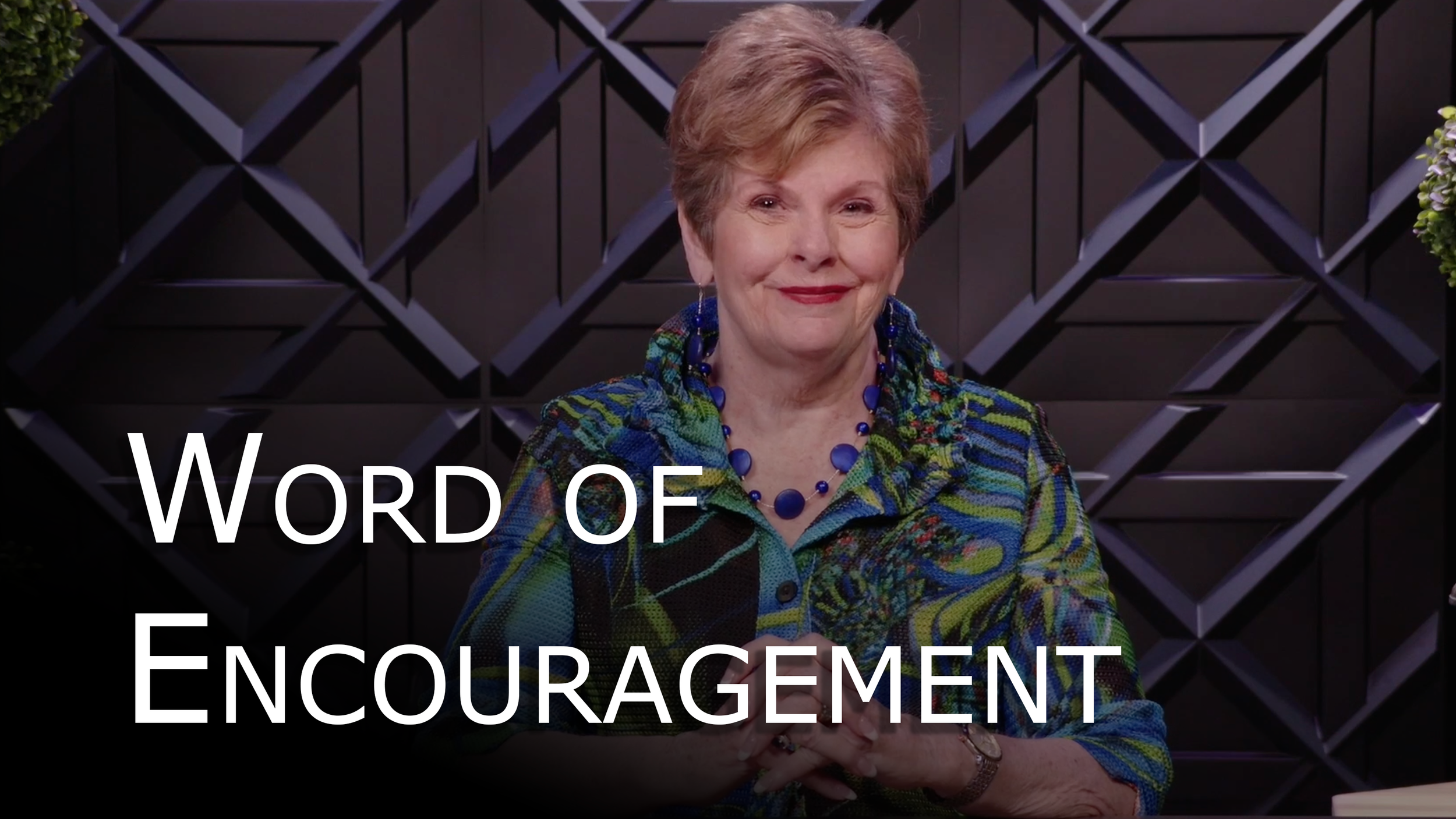
The idea of loving others and being loved sounds so good, so noble, so worthy. And it certainly is essential to life. But the reality of loving well looks far less glamorous than the romanticized notions we get in our head.
No matter what type of relationship you are thinking about—marriage, parents, siblings, friendships, leaders—loving each other well is central to the health and success of those connections.
Marriage and friendship are particularly popular examples of love being an action and choice we deliberately make every single day. Family relationships are permanent; no matter how much we do or don’t get along, we’re always going to be related. But marriage and friendships happen with people we intentionally allow to come into our lives (and on the other side, people we could choose to intentionally remove from our lives).
The Greatest Thing
Most of us are familiar with Paul’s teaching in 1 Corinthians 13, one of the wisest and most well-known discussions of what love actually looks like. In essence, Paul explains that it doesn’t matter how spiritual we think we are or what amazing things we do; if our lives are not flowing from a place of love, we have nothing. That thought alone is sobering and ought to give us much to think about.
Early in my marriage, the Holy Spirit led me back into this chapter when I was venting to Him about a frustration with my husband—some newlywed pet peeve that I don’t even recall now, seven years later. In particular, He had me focus on the following verses:
Love is patient, love is kind. It does not envy, it does not boast, it is not proud. It does not dishonor others, it is not self-seeking, it is not easily angered, it keeps no record of wrongs . . . It always protects, always trusts, always hopes, always perseveres. Love never fails . . . (1 Cor. 13: 4-5, 7-8; NIV)
He convicted my heart that because I had read these words so many times, I was no longer really pausing to absorb what they meant. I would get to this list and sort of scan it quickly because I knew what it said.
(Maybe you did the same thing a moment ago and need to go back to read it slowly?)
And then God challenged me to focus on one item from this list at a time, one day at a time, so He could teach me how to apply it to my marriage. I really began to understand the deliberate effort we have to make each and every day to choose love for the people in our lives. Now, as a parent, I find myself coming back to these same words, asking for wisdom to apply these truths to loving my children well.
While space doesn’t allow for me to break down all of the love characteristics from the above verses, there are a few I want to highlight—some of the more difficult ones—and as we reflect on them, I believe the Holy Spirit will show us each personal ways that He wants to strengthen the love in our current relationships.
1. Love does not dishonor others. This lesson was particularly driven home for me in the area of my words and what I did when I felt frustrated towards someone. As a personal rule, unless I am seeking counsel from a trusted advisor or friend, I absolutely will not speak negatively of my husband and children to others. I have even learned to be cautious about just “venting”; of course it is unhealthy to keep things bottled up, but there are healthy and honoring ways to speak of people, even in our frustration.
One of the greatest gifts you can give to the people in your life is the knowledge that they are safe, even if they are not with you in person. Honor values the place someone holds in your life and respects the on-going, messy process of growth and change happening in them. You do not have to be in denial about their flaws or imperfections, but out of love, you can protect these areas of vulnerability and weakness, rather than exposing or belittling them.
2. Love is not self-seeking. I love how the New Living Translation phrases this: “[Love] does not demand its own way.” Goodness, this can be so hard! Our human nature is ultimately a selfish one. The temptation to insist on what we want and what we need is intense, but if we are only looking out for ourselves, we are not loving others well (this is different from healthy self-care and boundaries).
There is a considerable amount of trust involved in putting someone else before yourself. In a healthy relationship, seeking each other’s good goes both ways. I am looking out for your best interests, you are looking out for mine, and as a result, we are both taken care of. When you put someone else’s needs before your own and they don’t return the honor, trust breaks down. We feel used or taken for granted. Relationships flourish when we can trust each other to do what is best of our hearts.
3. Love keeps no record of wrongs. Here is where I must make a confession: this is probably the hardest thing about loving well for me personally. My memory is good, and it is long. My emotions are deep and fiery, so if I am wronged, I can remember it all with painful clarity and intensity. This is particularly unhelpful in marriage and parenting. We’re bound together for life, which means we will probably regularly wrong each other and regularly need to forgive each other.
The psalmist reminds us that God does not treat us as our sins deserve and that, as far as the east is from the west, that’s how far our mistakes are removed from us when we repent (Psalm 103:10, 12). This is the kind of love we are aspiring to; when we forgive people, we part with the offense rather than adding it to our records. Just as God’s mercy toward us is new every morning, our mercy toward those we love should be too.
4. Love always hopes and always perseveres. Relationships are hard work, and even when they are going well, life has ways of piling the pressure on them. We cannot give up hope. We choose hope that God will complete His good work in us and in the lives connected to us. He does not give up on us, so we should not give up on each other.
As we lean into Him and ask for His wisdom, no relationship is so broken that His love poured into us and through us cannot transform it. Don’t lose hope.
I encourage you to continue meditating on these verses. Ask God for fresh revelation and practical ways to apply these truths to your relationships. As your eyes continue to be opened to the immensity of His love for you, your heart will have a new capacity for loving people. And His love never fails.
*Note: The principles discussed here are for healthy, safe relationships, even if they are facing some struggles. If you are in an abusive or manipulative situation, please seek help and safety. It is not God’s heart for you to be treated that way. Loving people does not mean allowing them to intentionally and repeatedly harm us.
Recent Posts








